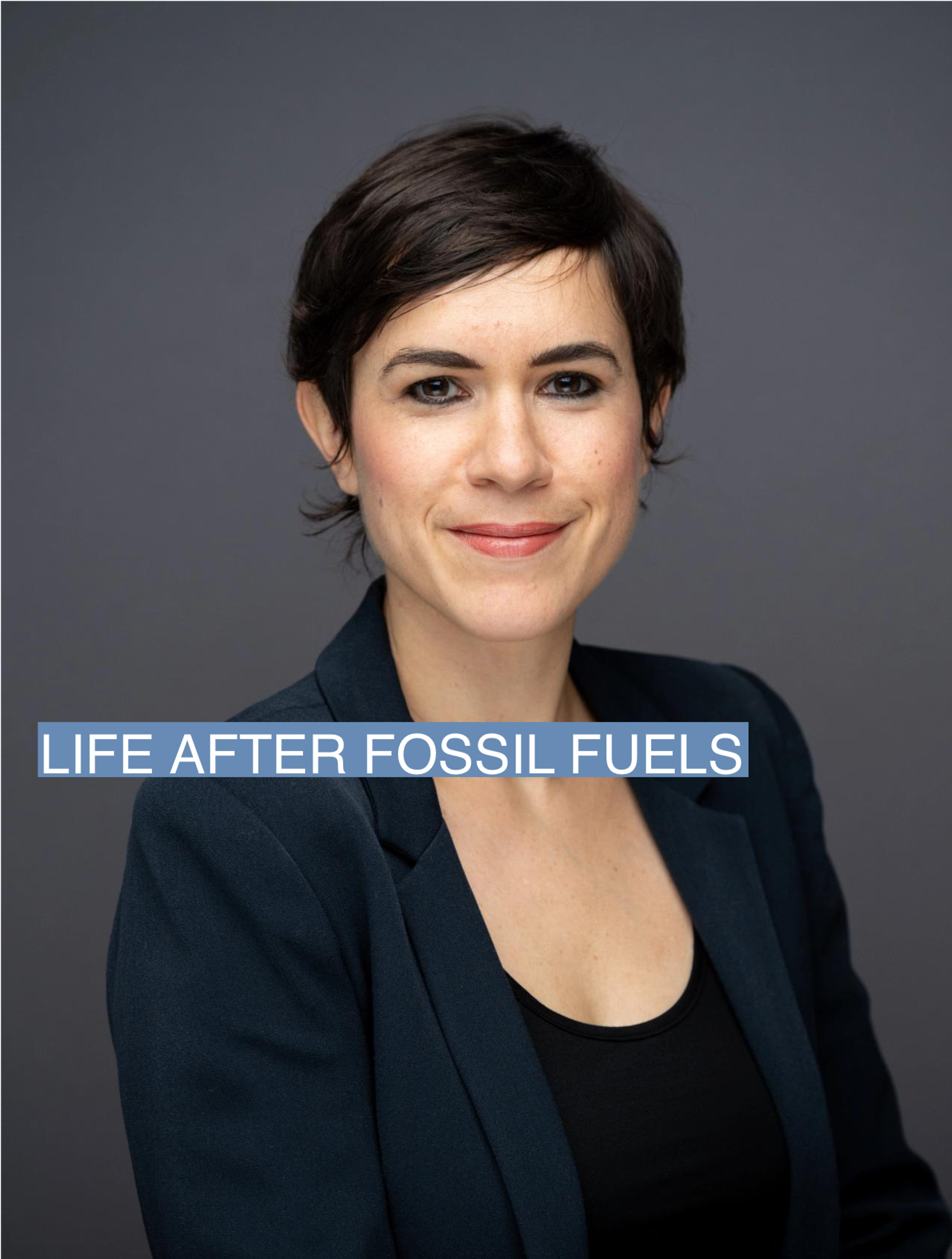The News
La Banque Postale, a midsized state-owned bank in France, set a high bar for finance-sector climate action in 2021 when it became the world’s first bank with a substantial oil and gas lending portfolio to say it would drop those clients. From $267 million in fossil fuel financing that year, the bank is down to zero today, Chief Sustainability Officer Adrienne Horel-Pagès said in an interview this week.
Because its main shareholder is the French government, she said, the bank is willing and able to stomach the lower returns that resulted from that policy. But she’s still working to change the attitudes of bankers within the bank, and develop reliable ways to quantify the bank’s positive environmental impact as it prioritizes new sectors to fill the gap left by fossil fuels.
Q&A
Tim: What’s the hardest part of changing the bank’s internal culture to be more aligned with climate action?
Adrienne: You’re changing from a world where you think in two dimensions, risk and return, basic notions that a banker always has in mind, to a world in three dimensions: risk, return and impact. And we’re going from being generalists who finance all sectors to being much more specialized in terms of the sectors we’re addressing. The strategic changes our clients are experiencing are huge, so we need to be experts on energy, on mobility, on agriculture, on real estate.
Tim: Is there ever a conflict or trade-off between return and impact?
Adrienne: Yeah. By adding the impact, at some point you impact the return. This is what we see right now. There is a flight to high-quality green assets. And those assets have very low returns, because everyone wants them. Like big renewable energy projects, for example. Or assets that are more risky, for example the reindustrialization of a company that needs to rebuild its industrial assets in Europe. Those are huge investments and maybe the company will not be profitable for some time. So you need to adjust the kind of risk you accept.
But on the investment side, it’s very mature. We have demonstrated that ESG funds have the same kind of performance as a standard fund.
Tim: What has changed for the bank since adopting the oil and gas policy in 2021?
Adrienne: We were surprised that this policy had a very strong effect on other banks, and other banks adopted it. It gave us confidence that we were doing the right thing.
Practically, it took some time for people in the oil and gas industry to realize that because they were not doing their transition, we could not provide them any financial services anymore. We still get some questions from our salespeople, like “you’re sure we can’t do that?” Yes, we’re sure.
So they realized that because they cannot allocate capital to that sector anymore, they need to explore other sectors.
We’re still struggling with the fact that it’s seen as something that is preventing people from doing business, rather than actually reallocating business to other sectors. In terms of cultural change, it’s going to take some time. And we need to come up with stronger commercial gains on the new sectors that we target.
The Science Based Targets Initiative has refused to validate any oil and gas transition plans. So we cannot right now provide any financial services to that sector. But if at some point there is one that has a credible transition plan, then we could. For example, Air France’s transition plan was really aligned with ours. So you can still find these very high-emitting sectors, as long as they’re also committed to do their part on the Paris Agreement.
Tim: But for now, you’re not doing any financing for oil and gas.
Adrienne: Nothing, nothing. But in terms of investments, like being invested in Total[Energies] shares, you can’t just sell it overnight, so we’re still invested in some of our funds in Total, and we’re engaging very strongly with them.
Tim: What’s your view on carbon intensity targets vs. absolute emissions targets, for banks?
Adrienne: We have set our targets mostly in terms of carbon intensity. What’s really important is that banks gain expertise in those sectors and then they report on intermediate targets to show progress. Then we can build offers for our financial products and services that allow our clients to make their transitions.
Tim: And you combine those targets with some minimum expectations for oil and gas clients.
Adrienne: Yeah, absolutely.
